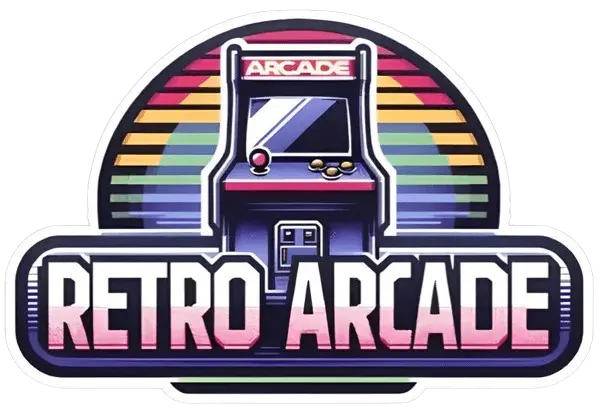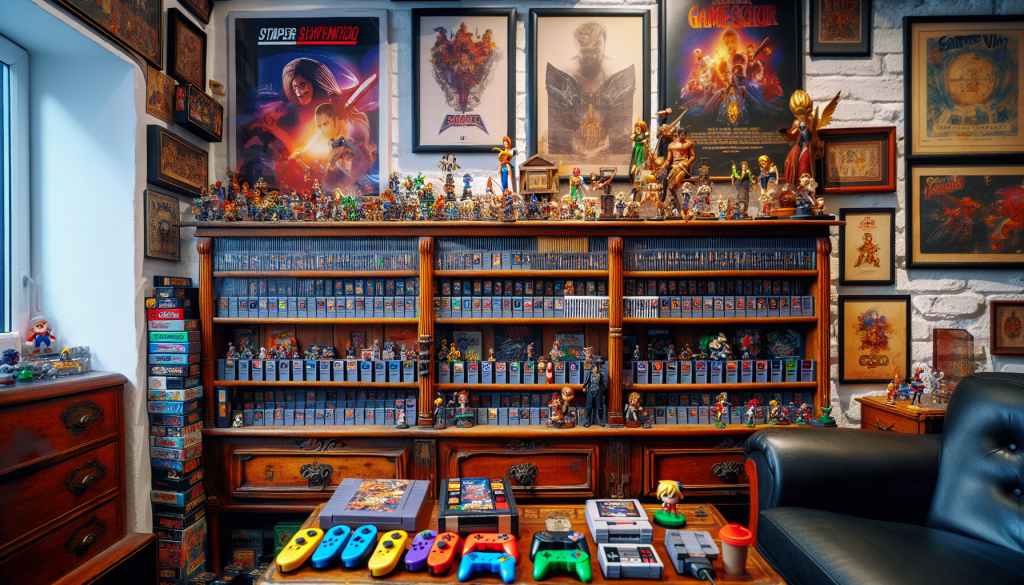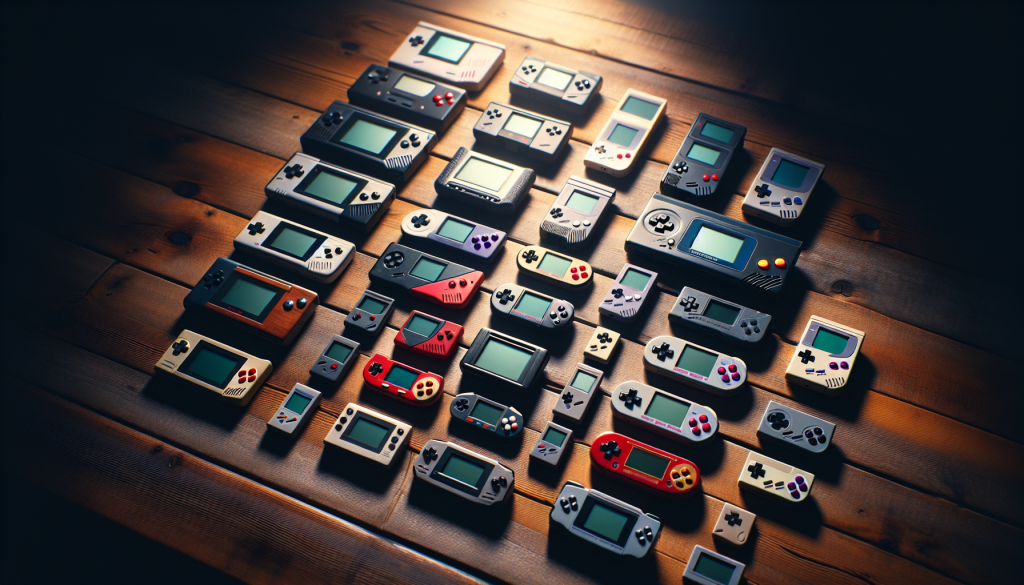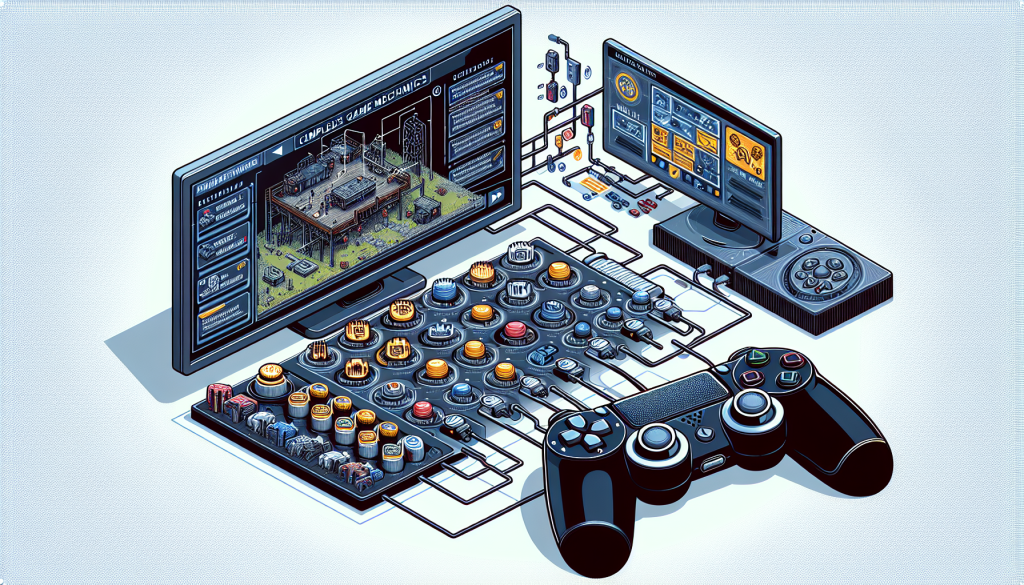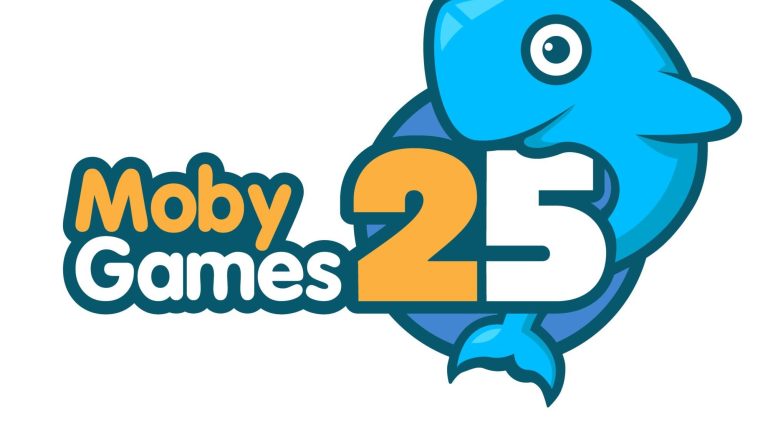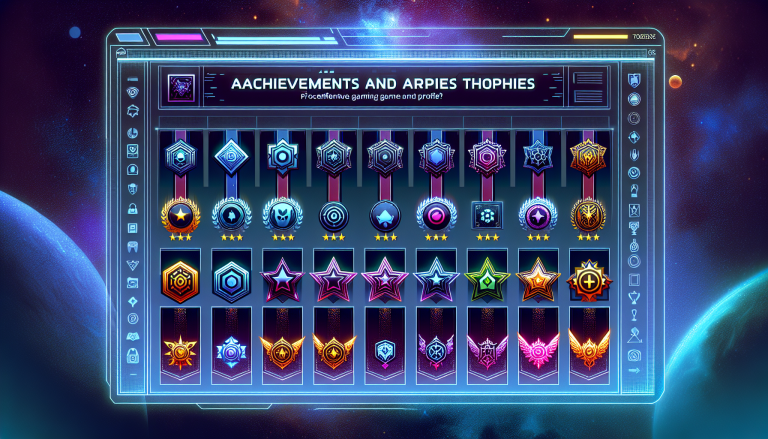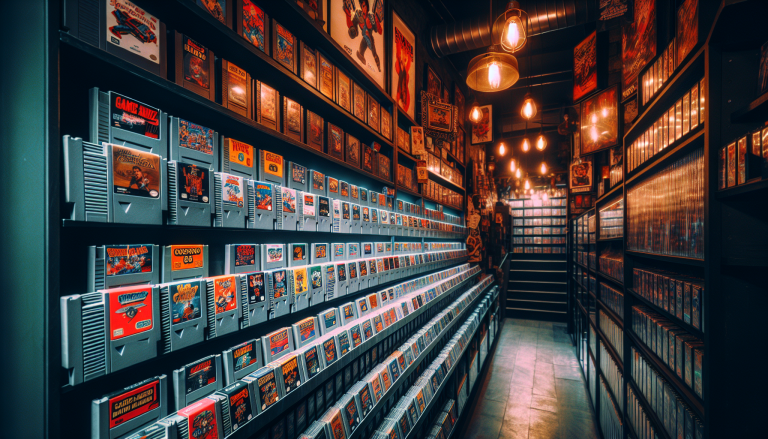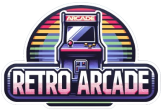The Power of Nostalgia in Video Games
Remember the feeling of sitting cross-legged in front of your TV, controller in hand, as you embarked on epic adventures in your favorite video games? The rush of excitement, the thrill of overcoming challenges, and the sense of accomplishment when you finally defeated that boss you’d been struggling with for hours. Ah, the nostalgia! It’s a powerful force that can transport us back to those cherished moments and evoke a range of emotions. But what is it about video game nostalgia that holds such a grip on us?
One of the key reasons behind the power of video game nostalgia is the emotional bonding and personal identity it fosters. Think about it – when we play video games, we often invest a significant amount of time and emotional energy into the characters and storylines. We become emotionally attached to the virtual world and the experiences it offers.
Video games have the unique ability to transport us to different worlds, allowing us to step into the shoes of our favorite characters and experience their triumphs and struggles firsthand. This immersive nature of video games creates a deep connection between the player and the game, leading to a sense of ownership and personal identity. We become emotionally invested in the virtual world, forming bonds with the characters and storylines that can last a lifetime.
But why does this emotional bond with video games matter? Well, it turns out that nostalgia has a powerful impact on our well-being. Research has shown that revisiting nostalgic memories can boost our mood, increase feelings of social connectedness, and even alleviate stress and anxiety. So, when we indulge in video game nostalgia, we’re not just reminiscing about the good old days – we’re also giving ourselves a psychological boost.
Another aspect of video game nostalgia that makes it so enticing is its role as a form of escapism. Life can be challenging and stressful, and sometimes we just want to escape from it all. Video games offer us a temporary refuge where we can forget about our troubles and immerse ourselves in a different reality. Whether it’s exploring fantastical worlds, solving intricate puzzles, or engaging in thrilling battles, video games provide a much-needed break from the demands of everyday life.
Furthermore, video game nostalgia can provide us with a sense of psychological comfort. As humans, we crave familiarity and stability, especially during uncertain times. Revisiting the games of our past allows us to tap into a sense of familiarity and relive the experiences that brought us joy and excitement. It’s like reconnecting with an old friend – comforting, reassuring, and a reminder of who we are and where we’ve come from.
It’s important to note that the power of video game nostalgia is not solely dependent on the game itself. Our own cognitive development also plays a significant role. As we grow and evolve, our interpretations and emotional responses to video games change. What may have been a mind-blowing experience in our childhood may not have the same impact on us as adults.
So, the next time you find yourself longing for the games of your past, embrace it! Indulge in some video game nostalgia and allow yourself to be transported back to those magical moments. Not only will you experience a welcome dose of happiness and emotional connection, but you’ll also gain a deeper understanding of yourself and how video games have shaped your journey. Happy gaming!
The Power of Nostalgia in Video Games
Remember the days when you used to sit in front of the television, controller in hand, engrossed in your favorite video game? The hours would fly by as you navigated through fantastical worlds, defeated epic bosses, and saved the day. Those memories hold a special place in our hearts, and it’s no wonder that nostalgia plays such a powerful role in the world of video games.
But what exactly is nostalgia? It’s that warm, fuzzy feeling you get when you think back to a time or experience from your past. It’s a mix of longing and joy, a bittersweet reminder of days gone by. And in the realm of video games, nostalgia can be a powerful force, fueling emotional bonding and shaping our personal identity.
Emotional Bonding and Personal Identity
Think about your favorite video game from your childhood. Maybe it was an iconic platformer like Super Mario Bros. or a sweeping role-playing game like Final Fantasy. Whatever it was, chances are it left a lasting impact on you. That’s because video games have a unique ability to create emotional connections.
When we play a video game, we become invested in the characters, the story, and the world. We laugh with them, cry with them, and triumph alongside them. These experiences become a part of who we are, shaping our personal identity and leaving a lasting impression.
And when we revisit those games years later, it’s like reconnecting with an old friend. The nostalgia floods back, bringing with it a rush of emotions and memories. We remember the challenges we overcame, the lessons we learned, and the joy we felt. It’s a powerful reminder of our past selves and the impact those games had on our lives.
So, how can we harness this power of nostalgia to enhance our gaming experiences? One way is to revisit those beloved games from our childhood. Dust off your old console or fire up an emulator, and dive back into those virtual worlds. Relive the magic and marvel at how far games have come since then.
Another way is to seek out modern games that tap into that nostalgic feeling. Many developers are creating games that pay homage to the classics, capturing the essence of what made them so special. These games often include familiar gameplay mechanics, art styles, or music that transport you back in time.
But be cautious not to let nostalgia blind you. It’s easy to fall into the trap of viewing the past through rose-tinted glasses, forgetting the flaws and limitations of older games. Remember that gaming has evolved, and so have your tastes and preferences. Embrace the new while appreciating the old.
Ultimately, nostalgia is a powerful tool that can enhance our gaming experiences, but it’s important to strike a balance. Cherish those memories and the impact they had on your life, but also embrace new experiences and the ever-evolving world of video games.
The Role of Escapism and Psychological Comfort in Video Game Nostalgia
Hey there! Have you ever found yourself diving into your favorite video game from years ago, only to be greeted by a warm wave of nostalgia? It’s a feeling that many of us can relate to. There’s something magical about revisiting those pixelated worlds and reliving the adventures that captured our hearts. But have you ever wondered why nostalgia holds such power over us when it comes to video games?
One of the key reasons is escapism. Video games have the incredible ability to transport us to different realms and allow us to become someone else, even if only for a little while. Whether it’s exploring a vast open world, battling formidable foes, or solving intricate puzzles, games provide an escape from the pressures and realities of our daily lives.
Think about it – when you’re engrossed in a game, you’re not thinking about deadlines, bills, or any other stressors. Instead, you’re immersed in a world where you have control, where you can conquer challenges and experience a sense of achievement. This escapism provides a psychological comfort that can be incredibly therapeutic and rejuvenating.
Video game nostalgia takes this escapism to a whole new level. When we revisit a game from our past, we’re not just escaping into a fictional world; we’re also revisiting the emotions, memories, and experiences tied to that specific game. It’s like stepping back in time and reliving a piece of our personal history.
And that’s where the psychological comfort comes in. Nostalgia has been shown to have various positive effects on our well-being. It can boost our mood, reduce stress, and even increase our sense of social connectedness. So when we indulge in video game nostalgia, we’re not just escaping into a game; we’re also tapping into a source of emotional and psychological support.
Now, you might be wondering, how does this all tie into cognitive development? Well, cognitive development refers to the growth and maturation of our thinking, reasoning, and problem-solving abilities. And guess what? Video games, especially those from our childhood, have played a significant role in shaping our cognitive development.
When we were young, video games provided us with countless opportunities for learning and problem-solving. Whether it was figuring out complex puzzles, strategizing to defeat challenging bosses, or even just improving hand-eye coordination, every gaming session was a chance to develop and refine our cognitive skills.
So, when we revisit these games as adults, not only do we get to relive the emotions and memories, but we also tap into the cognitive abilities we cultivated during our formative years. It’s like reawakening a part of ourselves that has been dormant for a while.
In conclusion, video game nostalgia offers a unique blend of escapism, psychological comfort, and cognitive stimulation. It allows us to escape the stresses of reality, indulge in a source of emotional support, and tap into our cognitive abilities developed during our childhood gaming adventures. So, the next time you feel the urge to revisit an old favorite, go ahead and immerse yourself in the nostalgia-filled world of gaming. You might just rediscover a piece of yourself along the way.
Heading 4: The Role of Cognitive Development in Video Game Nostalgia Ah, nostalgia. It’s a powerful force that can transport us back to cherished moments in our past. Whether it’s the music we listened to, the movies we watched, or the games we played, nostalgia has a unique way of evoking strong emotions and memories. One area where nostalgia seems to thrive is in the world of video games. But have you ever wondered why certain games from our childhood hold such a special place in our hearts? It turns out that cognitive development plays a significant role in the power of video game nostalgia. Our cognitive development refers to the growth and changes in our thinking abilities as we move from infancy to adulthood. During childhood, our brains are constantly developing, forming neural connections and pathways that shape our perception and understanding of the world around us. This period of cognitive development is crucial in fostering a sense of personal identity and emotional bonding. Video games, with their interactive nature, provide a unique platform for cognitive development to take place. They engage our attention, challenge our problem-solving skills, and stimulate our imagination. As we navigate through virtual worlds and overcome obstacles, our brains are actively processing information, making connections, and developing cognitive skills such as critical thinking, spatial reasoning, and decision-making. But how does cognitive development relate to video game nostalgia? Well, the experiences we have during our formative years become deeply ingrained in our memories and influence our emotional responses. When we engage with a video game during this period of cognitive development, the emotions and memories associated with the game become intertwined with our developing sense of self. Think about it. The first time you picked up a controller and embarked on a virtual adventure, the excitement, the joy, and perhaps even the frustration you felt are all tied to that specific moment in time. As you progress through the game, overcoming challenges and achieving milestones, you develop a sense of accomplishment and emotional attachment to the experience. These emotional bonds formed during childhood gaming experiences can create a lasting connection to the games themselves. The games become more than just pixels on a screen; they become a part of our personal identity. This emotional attachment is what fuels the nostalgia we feel when we revisit these games in later years. Psychologically, video game nostalgia can also serve as a form of escapism and provide psychological comfort. Life can be stressful, and sometimes we long for simpler times when our biggest worry was how to defeat that challenging boss or unlock the next level. Revisiting nostalgic video games allows us to temporarily escape the pressures of adulthood and reconnect with a time when our responsibilities were simpler. So, the next time you dust off that old gaming console and fire up a favorite childhood game, remember that there’s more to video game nostalgia than just fond memories. It’s a testament to the power of cognitive development and the emotional bonds we form during our formative years. Embrace the nostalgia, enjoy the trip down memory lane, and let the games remind you of the joy and wonder of youth.